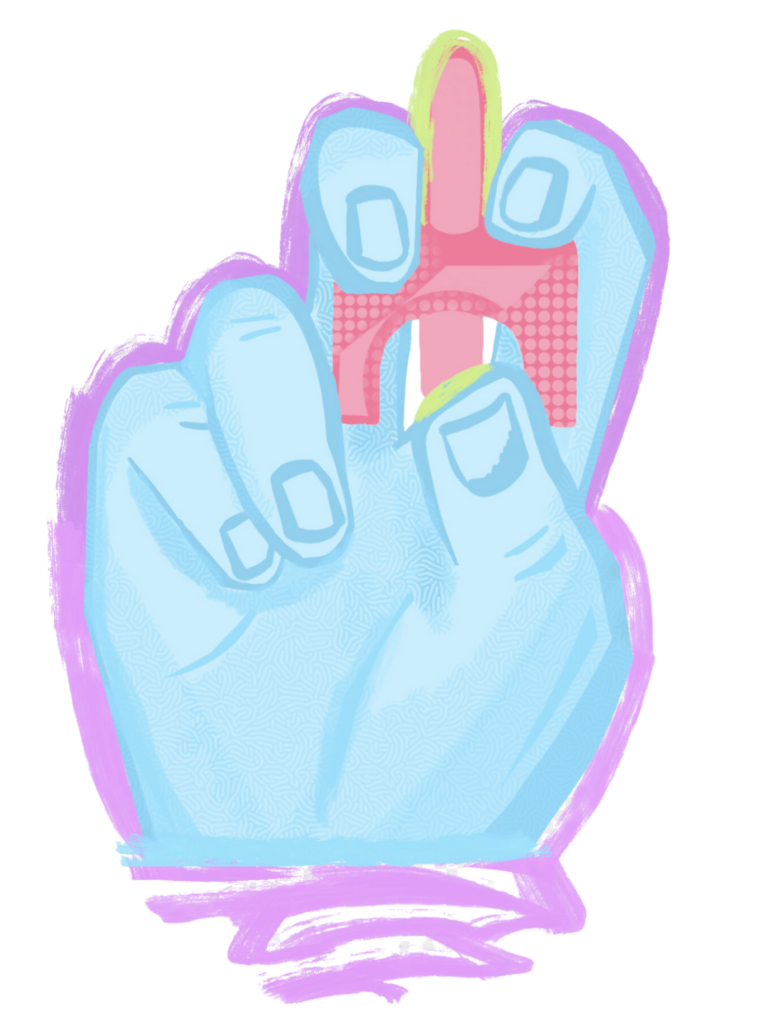
From 2019 to 2020, deaths attributed to fentanyl in Nevada skyrocketed from roughly 15 percent to just over 32 percent. College campuses, including the University of Nevada, Reno, are making efforts to prevent overdoses from opioids and fentanyl, which includes arming students with one of the only known ways to reverse an overdose: naloxone.
During a seminar hosted by the Multicultural Greek Council at the University of Nevada, Reno on Nov. 9, nearly 100 students stopped by the Ansari Business building to learn about administering the lifesaving drug.
Naloxone works by blocking and reversing the effects of opiates on the brain. It works against substances such as heroin, fentanyl and various prescription medications. It is administered as a nasal spray, which makes it easier for the medicine to enter your system.
Morgan Greene, project coordinator for Nevada State Opioid Response, explained why it’s so important to have access to naloxone.
“There is so little risk of having naloxone available and out in the community,” said Greene. “People cannot abuse it. They are not going to overdose on it. And with how quickly people can find themselves in an overdose crisis, emergency response may not always be able to attend to the individual in the time needed to revive them.”
Naloxone is harmless to everyone; administering the drug even when someone is not overdosing will not cause any harm. Students made their own kits, which included a box of naloxone, along with other tools such as fentanyl testing strips. Fentanyl strips are small strips of paper that detect the presence of fentanyl by mixing the drug with water and putting the strip in the resulting mixture.
Greene explained that it’s crucial for students to be able to have access to naloxone – especially on college campuses.
“College is a time for people to explore, experiment and take risks,” said Greene. “Additionally, it is also a time that can be very stressful and have individuals seeking out things to help them cope. Without knowledge of what is out there, college students are going to encounter substances that can increase the risk of an overdose.”
In Nevada, local pharmacies will sell naloxone without prescription. Naloxone is sold through brands such as Narcan, Evzio, and Zimhi.
The University will soon provide fentanyl strips as a resource. As of January, ASUN passed a bill that would distribute fentanyl testing strips across the university.
ASUN senators in support of the bill noted that the University of Nevada, Las Vegas already supplies students with “life-saving access” to fentanyl testing strips, along with other universities in California. They emphasized this is just part of the many other interventions that come with drugs and potential overdosing for college students. The strips are almost 100% accurate.
Use guide
Signs of an overdose include:
- Small, constricted “pinpoint pupils”
- Falling asleep or losing consciousness
- Slow, weak, or no breathing
- Choking or gurgling sounds
- Limp body
- Cold and/or clammy skin
- Discolored skin (especially in lips and nails)
If you believe someone is overdosing, follow these steps. (Instructions should also be available on the naloxone administering device)
- Call 911 immediately
- Administer naloxone, if available
- Spray once into one nostril
- Spray again after 2 to 3 minutes, and repeat until emergency services arrive
- Try to keep the person awake and breathing
- Lay the person on their side to prevent choking
- Stay with the person until emergency assistance arrives
Jaedyn Young contributed to this story.
Nick Stewart can be reached at ns@sagebrush.unr.edu or on Twitter @nickk_stewart.
